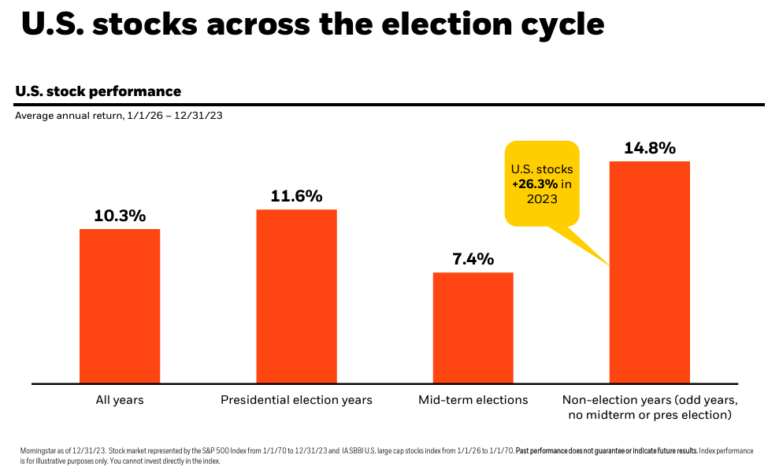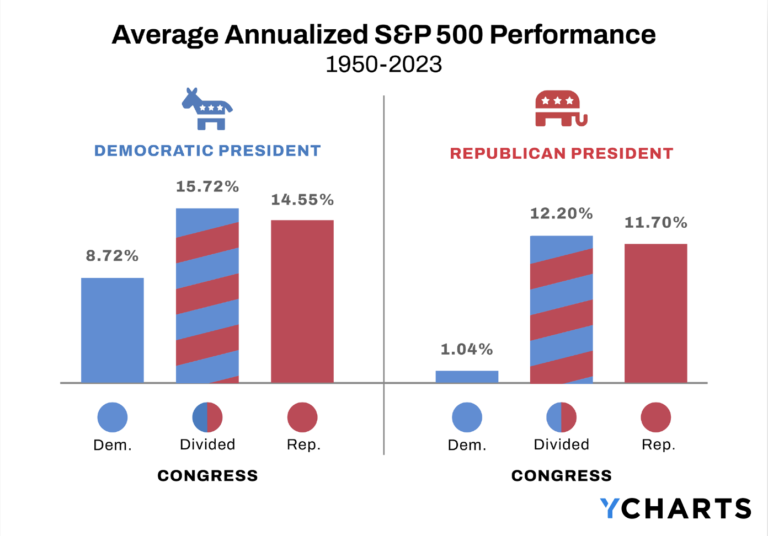Couples with strong cash flows may be eager to start planning for the future. With extra cash laying around, some investors may decide to start a 529 college savings plan for their kids before they’re even born. While the cost of college is certainly significant, super-advanced funding of a 529 plan can leave future parents with few options later on if circumstances change. So should you start saving for college before you have kids? Given the other investment options for surplus savings, it may be best to wait.

A 529 plan is a type of tax-qualified account that allows parents (or grandparents, relatives, etc.) to save for higher education expenses. Parents contribute after-tax dollars which grow tax-free for federal income and capital gains taxes purposes.
If funds are withdrawn to pay for qualified education expenses, the distribution will also be tax-free. This article has a complete discussion on 529 plans.
Since 529 plans are investment accounts with tax advantages, penalties may apply if the money isn’t spent within permitted guidelines.
Downsides of saving for college too soon: a 529 plan isn’t always the best place to invest extra cash
Family planning realities
Some couples struggle to get pregnant and do eventually, while others won’t be as fortunate. Adoption may be an option for some families, but not all. If there’s no longer a need for college savings, the account owner will have a few options for a 529 plan. First, you could take the money out and pay a 10% penalty plus tax on investment growth and earnings.
Another option is to gift the funds to a niece, nephew, or other relative by changing the beneficiary on the account. Finally, you could use the money for your own qualified education expenses or your spouse’s.
If you need the money for non-college expenses
Like a 401(k) plan, a 529 plan is a type of qualified account to be used for a particular purpose. While you may have cash to spare today, it’s important not to underestimate how your life and circumstances can change. For example, when many young couples have a baby, they also buy a new house to accommodate their growing family. If you put a significant amount of money in a college savings plan, those funds aren’t available (without tax and penalty) if you need them for a down payment, unexpected medical expenses, to help defray lost wages over an extended maternity leave, and so on.
Under the Secure Act, which was signed December 20th 2019 by President Trump, New parents can now withdraw up to $5,000 from their 401(k), IRA, or other defined contribution plan within a year after they give birth or adopt a child without incurring the 10% penalty. Taxes on investment gains would be due that year as the distribution would be included in your taxable income.
The penalty-free IRA withdrawal isn’t a loan. While the money can be repaid, it isn’t a requirement. Technically, each spouse can take out $5,000 from their accounts for a total of $10,000. While it’s nice to have options, tapping retirement accounts so early in life can really hurt your savings trajectory.
Ways to save for college outside of a 529 plan, before or after you have kids
A brokerage account is the most flexible type of investment account. There are no income limits preventing wealthier individuals from investing or limits on how much (or little) you can save. And unlike 529 plans and retirement accounts, the assets in a brokerage account are available any time for any use.
Though there are no tax benefits like a qualified account, a brokerage account is an important part of helping affluent investors maintain their lifestyle in retirement. Other benefits include tax planning opportunities in retirement and a savings vehicle for financial goals outside of retirement. A brokerage account offers flexibility when investing. Parents should be cautious not to lock up too much of their investable assets in qualified accounts.










